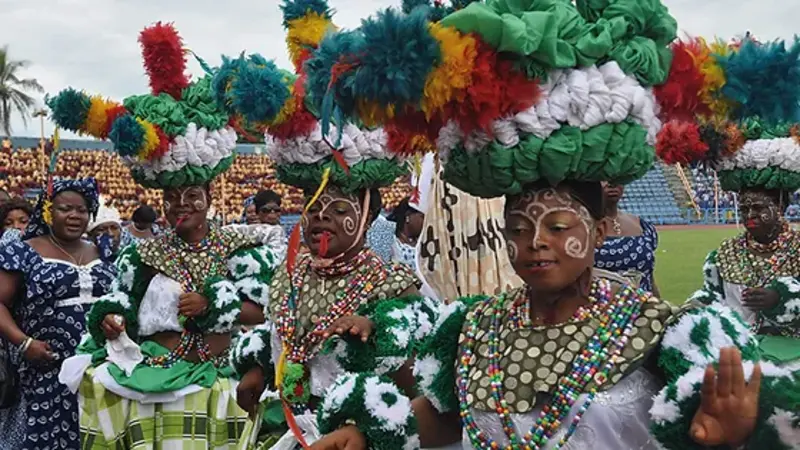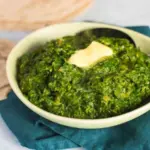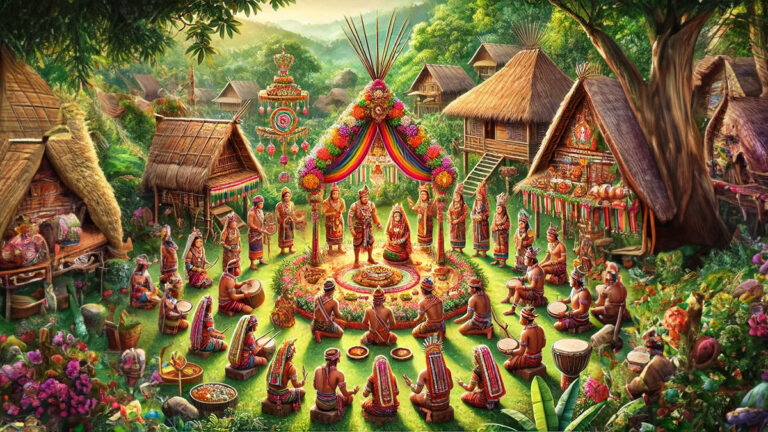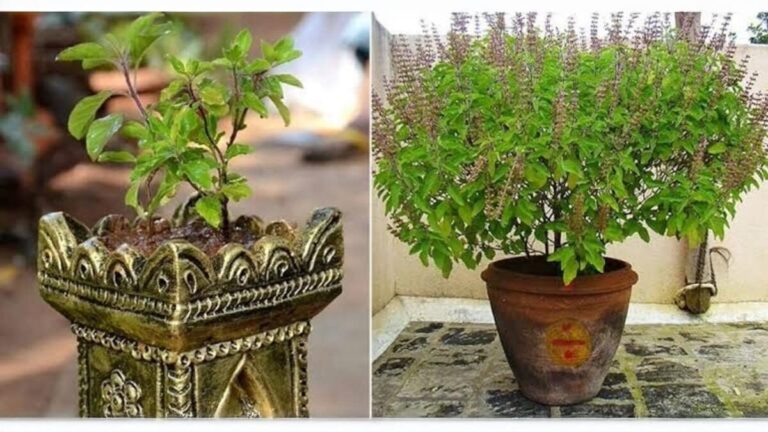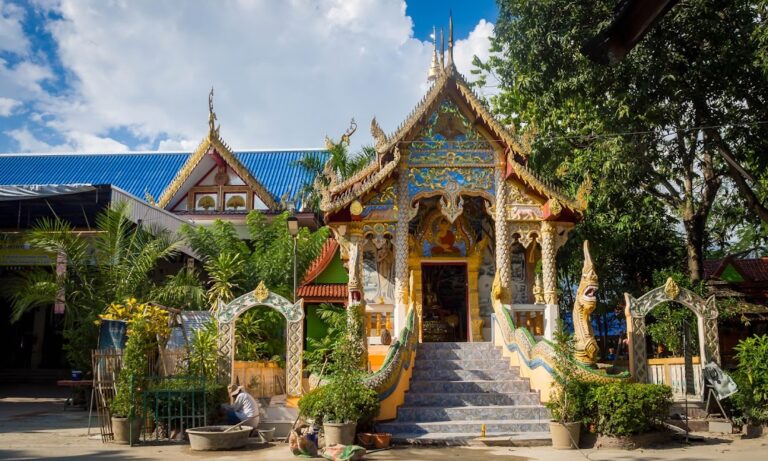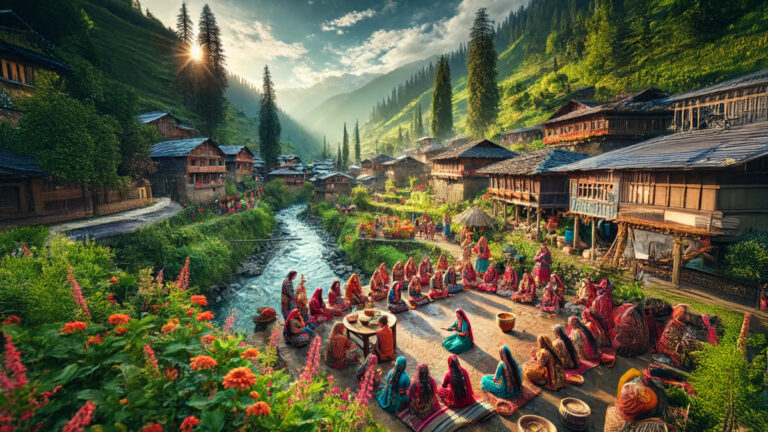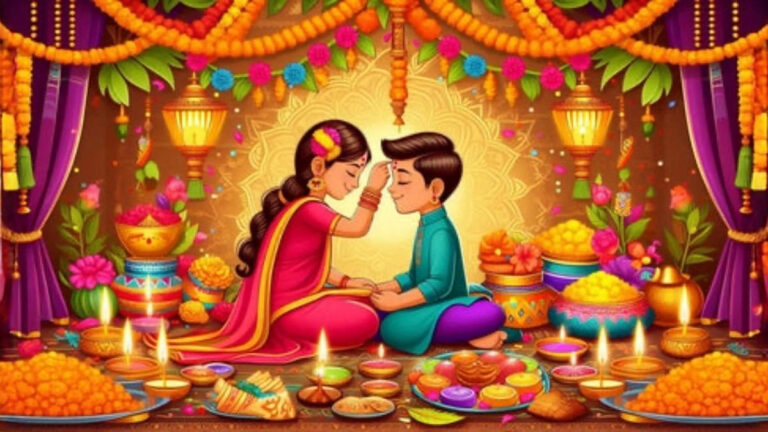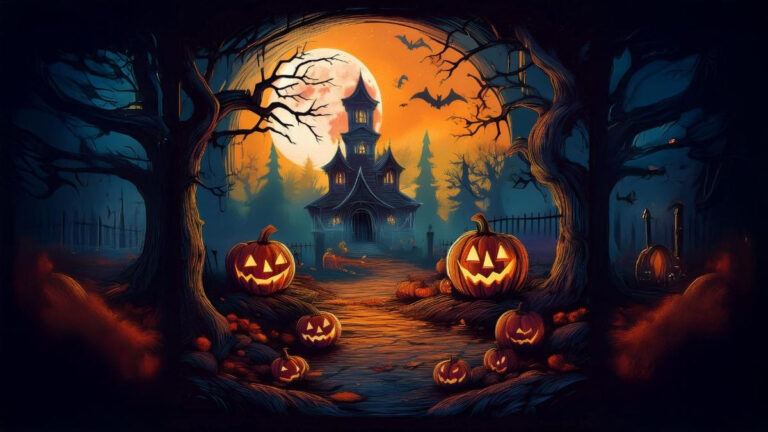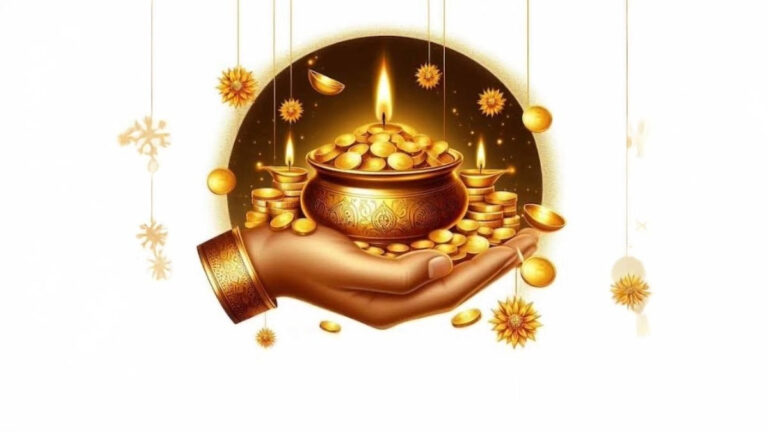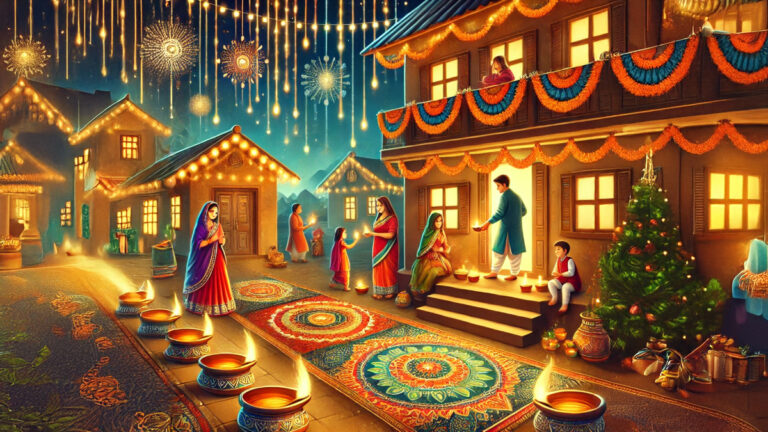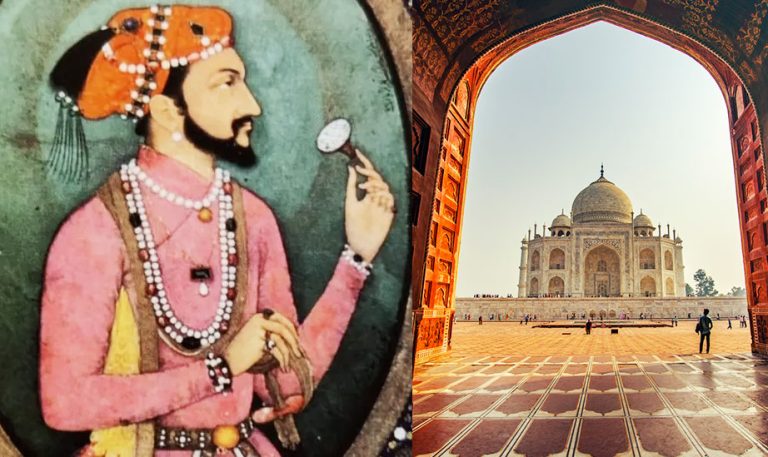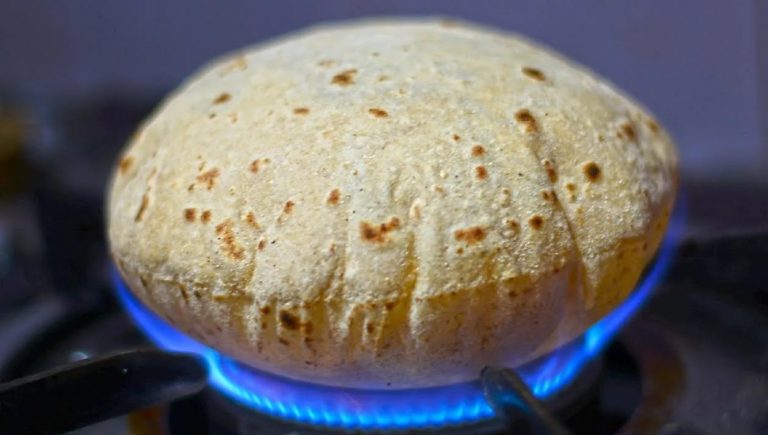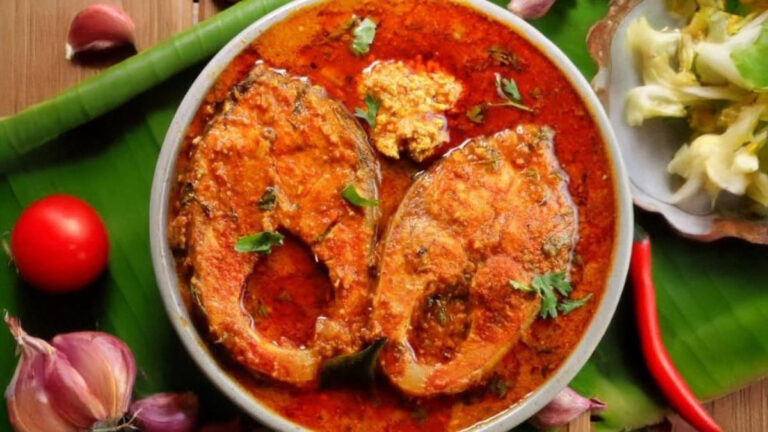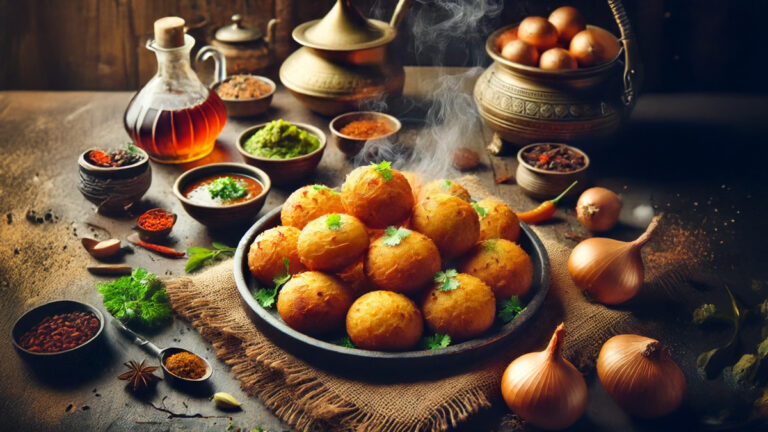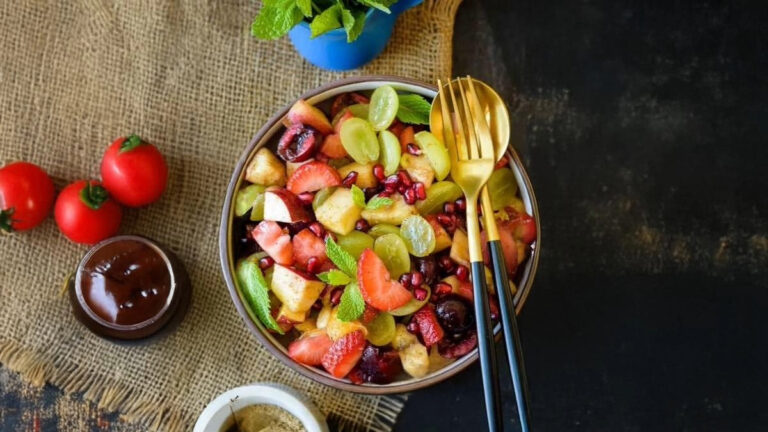Nigeria, often referred to as the “Giant of Africa,” is a country known for its diverse cultures, languages, and traditions. With over 250 ethnic groups, each with its unique customs and practices, Nigeria’s cultural landscape is a rich tapestry that reflects the country’s complex history and identity. In this exploration of Nigerian culture, we will delve into the history, languages, religions, art, cuisine, and traditional ceremonies that make Nigeria’s cultural heritage truly exceptional.
Nigeria, located in West Africa, is the most populous country on the African continent and one of the most culturally diverse nations in the world. Its culture is a reflection of its long history, which includes the rise and fall of ancient empires, the impact of colonialism, and a vibrant post-independence period. Nigerian culture is a blend of indigenous traditions, colonial influences, and contemporary global trends.
Historical Context, Languages and Linguistic Diversity
of Nigerian Culture
To understand Nigerian culture, it’s crucial to consider the historical context that has shaped it over the centuries:
- Ancient Civilizations: Nigeria is home to several ancient civilizations, including the Nok civilization, which existed around 1000 BCE and is known for its distinctive terracotta sculptures. The Kingdom of Nri, one of the oldest African monarchical traditions, dates back to the 9th century CE.
- Trans-Saharan Trade: Nigeria’s location along ancient trade routes, such as the Trans-Saharan trade route, facilitated cultural exchanges with North African and Middle Eastern civilizations.
- Colonial Era: Nigeria was colonized by the British in the late 19th century and remained under colonial rule until gaining independence in 1960. Colonialism had a profound impact on Nigerian culture, introducing Western education, religion, and governance systems.
- Independence and Nation-Building: Nigeria’s journey to independence was marked by political struggles and negotiations. After gaining independence, the country faced the challenges of nation-building, including forging a national identity that bridged ethnic and religious divides.
Nigeria is a linguistic mosaic, with over 500 languages spoken across the country. The linguistic diversity reflects the multiplicity of ethnic groups and cultures. Some of the major languages in Nigeria include:
- Hausa: Spoken predominantly in Northern Nigeria, Hausa is one of the country’s most widely spoken languages. It also serves as a lingua franca in the region.
- Yoruba: Yoruba is spoken in Southwestern Nigeria and neighboring countries. It has a rich cultural heritage and is known for its vibrant traditions, including the Yoruba religion and art.
- Igbo: The Igbo language is prominent in Southeastern Nigeria. The Igbo people have a unique cultural identity, with a rich oral tradition, masquerades, and a strong sense of community.
- English: As a former British colony, English is Nigeria’s official language and is used for education, government, and business communication.
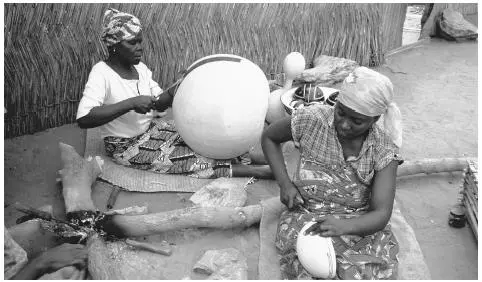
Religions and Spirituality
Nigeria is religiously diverse, with a mix of indigenous African religions, Christianity, and Islam. These religious traditions have coexisted and sometimes blended, contributing to the country’s unique religious landscape:
- Christianity: Nigeria has one of the largest Christian populations in Africa, with various denominations, including Catholicism, Protestantism, and Pentecostalism. Churches play a significant role in social and cultural life.
- Islam: Islam is prominent in Northern Nigeria, where the majority of the population is Muslim. The region is known for its Islamic scholarship, with historical centers of learning such as Kano and Sokoto.
- Indigenous Religions: Many Nigerians continue to practice indigenous African religions, which vary among ethnic groups. These traditions involve ancestor veneration, rituals, and belief in deities associated with nature and the elements.
- Syncretic Religions: Some Nigerians practice syncretic religions that blend indigenous beliefs with elements of Christianity or Islam. Examples include the Yoruba-based syncretic religion known as “Yoruba religion.”
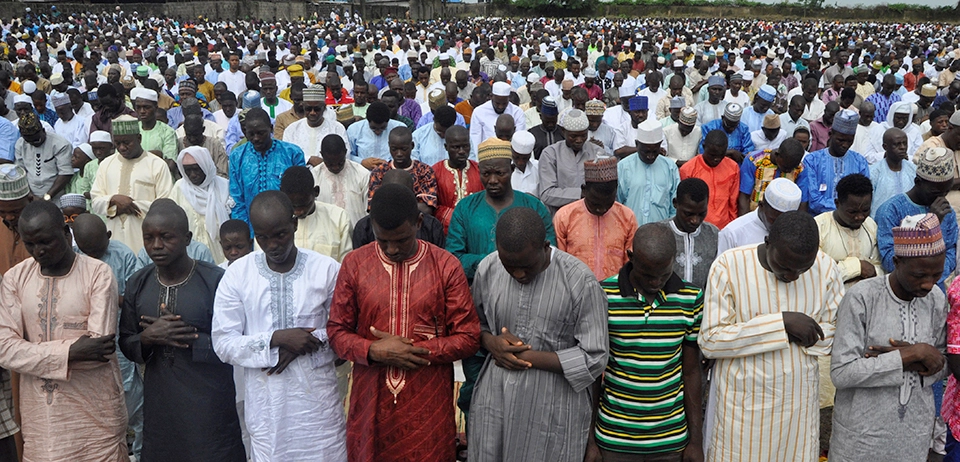
Art and Cultural Expression
Nigerian art and cultural expression are diverse and vibrant, encompassing various forms, including visual arts, music, dance, and literature:
- Visual Arts: Nigeria has a rich tradition of visual arts, including sculpture, painting, and textiles. Traditional sculptures, such as the Benin Bronzes and Nok terracotta figures, are renowned globally for their craftsmanship and cultural significance.
- Music and Dance: Nigerian music spans a wide range of genres, from traditional rhythms to contemporary Afrobeat and hip-hop. Nigerian musicians, such as Fela Kuti, King Sunny Ade, and Burna Boy, have achieved international acclaim. Traditional dances, like the Yoruba Bata dance and Igbo Agaba dance, are integral to cultural celebrations.
- Literature: Nigerian literature has produced globally recognized authors, including Chinua Achebe, Wole Soyinka, Chimamanda Ngozi Adichie, and Chinelo Okparanta. These writers have explored themes of identity, post-colonialism, and social change in their works.
- Film Industry (Nollywood): Nigeria’s film industry, often referred to as Nollywood, is one of the largest in the world by the number of films produced. Nollywood movies, known for their dramatic storytelling and cultural relevance, have gained popularity both within and beyond Africa.
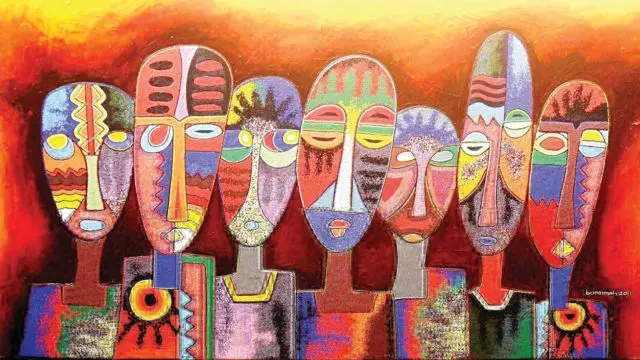
Cuisine
Nigerian cuisine is as diverse as its culture, with each region offering its unique flavors and dishes. Staple foods include:
- Jollof Rice: A popular one-pot rice dish cooked with tomatoes, peppers, and spices, often served with chicken or vegetables.
- Fufu: A dough-like food made from cassava, yam, or plantains, typically served with soups and stews.
- Suya: Skewered and grilled meat, usually seasoned with a spicy peanut sauce.
- Egusi Soup: A thick, hearty soup made from ground melon seeds, vegetables, and meat or fish.
- Chinchinga: Grilled kebabs, a street food favorite in Northern Nigeria.
- Pounded Yam and Egusi: A dish featuring pounded yam served with a soup made from ground melon seeds and leafy vegetables.
- Akara and Moi Moi: Deep-fried bean cakes (akara) and steamed bean pudding (moi moi) are common snacks and sides.
- Suya: Skewered and grilled meat, usually seasoned with a spicy peanut sauce.
9. Chapman: A popular Nigerian cocktail made with fruit juices, soda, and angostura bitters.
- Nigerian Snacks: Nigeria offers a wide range of snacks like chin-chin (fried dough), puff-puff (fried dough balls), and meat pies.
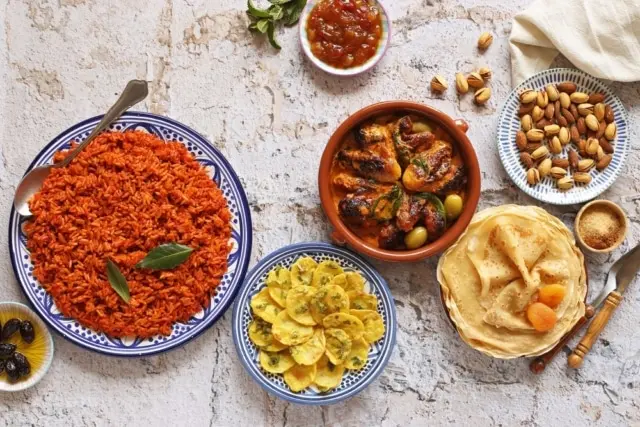
Traditional Ceremonies and Festivals
Traditional ceremonies and festivals play a significant role in Nigerian culture, serving as occasions for community bonding, religious expression, and cultural preservation:
- Eyo Festival: Held in Lagos, the Eyo Festival is a colorful and vibrant procession featuring masquerades, traditional attire, and cultural performances. It is a celebration of the city’s history and heritage.
- Durbar Festival: Celebrated in Northern Nigeria, particularly in Kano and Katsina, the Durbar Festival is a grand display of horsemanship, martial arts, and traditional music. It marks the culmination of Islamic festivities.
- New Yam Festival: Observed by various ethnic groups, the New Yam Festival is a harvest celebration that involves cultural performances, feasting, and giving thanks to deities for a bountiful harvest.
- Osun-Osogbo Festival: This Yoruba festival, held in Osogbo, celebrates the river goddess Osun. It features colorful processions, dance, and rituals at the Osun-Osogbo Sacred Grove, a UNESCO World Heritage Site.
- Argungu Fishing Festival: Held in Kebbi State, this festival is renowned for its fishing competition in the Argungu River. Participants use traditional methods to catch the largest fish.
- Igue Festival: Celebrated by the Benin people, the Igue Festival involves royal ceremonies, dances, and rituals to honor the Oba (king) of Benin.
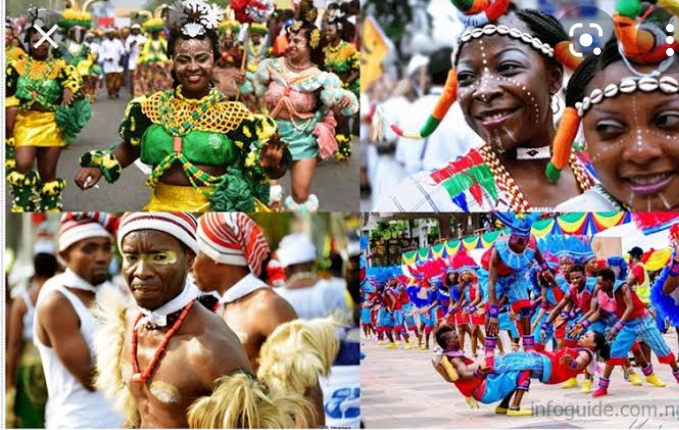
Family and Social Structure
Nigerian society places a strong emphasis on family and community. Family units are often extended, with multiple generations living together. Key aspects of Nigerian family and social structure include:
- Respect for Elders: Elders are highly respected and revered in Nigerian culture. They often serve as sources of wisdom and guidance within the family and community.
- Extended Families: Many Nigerians live in extended family households, where multiple generations reside together. This arrangement fosters a sense of communal support and responsibility.
- Community Values: Community plays a vital role in Nigerian life. Events, celebrations, and challenges are often shared and addressed collectively.
- Gender Roles: Gender roles can vary across ethnic groups, but traditional Nigerian society often emphasizes distinct roles and responsibilities for men and women.
Challenges and Contemporary Issues
While Nigerian culture is rich and diverse, the country faces several challenges and contemporary issues that impact its cultural heritage:
- Ethnic and Religious Tensions: Nigeria’s diversity can sometimes lead to ethnic and religious tensions, which have, at times, resulted in conflict and violence.
- Globalization: As Nigeria becomes more connected to the global economy and culture, there is a concern about the potential erosion of traditional customs and values.
- Urbanization: Rapid urbanization has led to changes in lifestyle and social structures, affecting the way people engage with their cultural heritage.
- Preservation of Cultural Artifacts: Efforts are needed to preserve and protect cultural artifacts and historical sites, including addressing issues related to the repatriation of stolen artifacts.
- Language Preservation: Many indigenous languages are at risk of extinction. Language preservation initiatives are essential to safeguard Nigeria’s linguistic diversity.
- Youth Engagement: Encouraging young Nigerians to actively participate in and value their cultural heritage is vital for its continuity.
Nigerian culture is a vibrant and multifaceted tapestry of traditions, languages, religions, and customs. It is a reflection of the country’s history, diversity, and resilience in the face of numerous challenges. As Nigeria continues to evolve and grow, its rich cultural heritage remains a source of pride, identity, and inspiration for its people and the world. Embracing this diversity and nurturing its cultural roots is essential for the continued flourishing of Nigerian culture in the 21st century and beyond.

